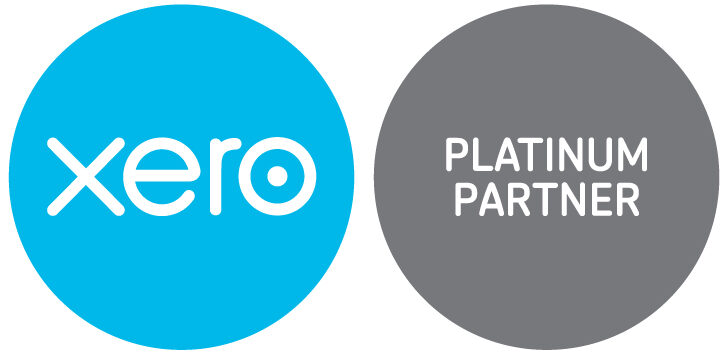Business insolvency – particularly in sectors such as retail – is often closely linked with the performance of consumer finances on an individual or household level.
When consumers have money to spare, they tend to spend more on discretionary goods and services; conversely, when times are hard, they batten down the hatches.
So recent figures cited by Mintel, which show one in four households are “making ends meet, but only just”, could be cause for concern for some companies that are in a similar situation in business terms.
“These consumers are unlikely to have spare cash to invest in big-ticket purchases or experiences,” writes Catherine McColl in a Mintel blog post.
However, that does not need to inevitably lead to business insolvency, as some firms may be able to capitalise on the trend by catering specifically for cash-strapped consumers.
Ms McColl suggests that “renting initiatives and sharing schemes” could be the key to attracting spending, even from hard-up consumers.
While such structures are not unusual in some segments – such as vehicle hire-purchase schemes and home electronics rentals – innovation in payment terms in other channels could yet turn the economic turbulence into a long-term income stream for some brands.





 Production
Production